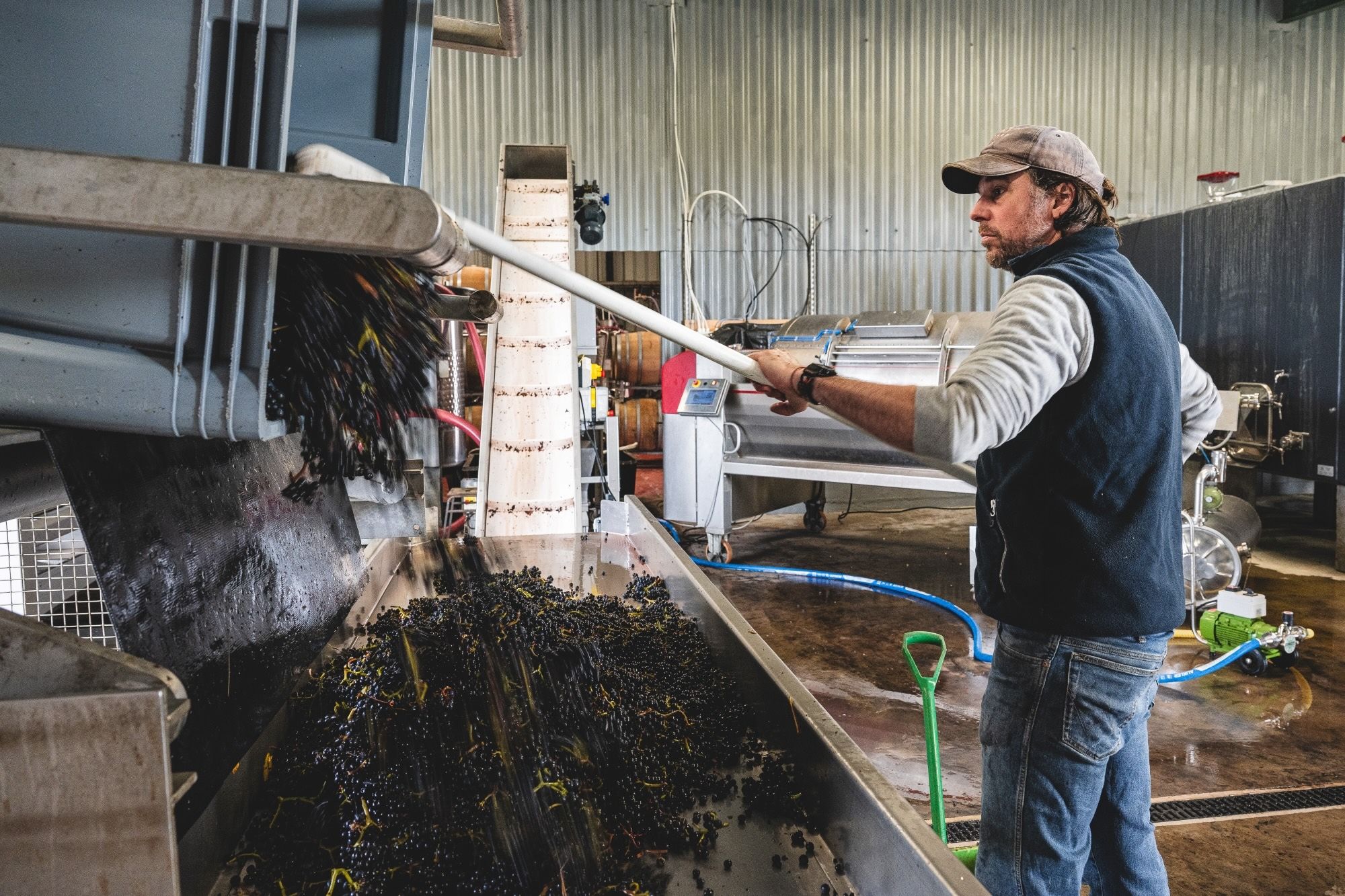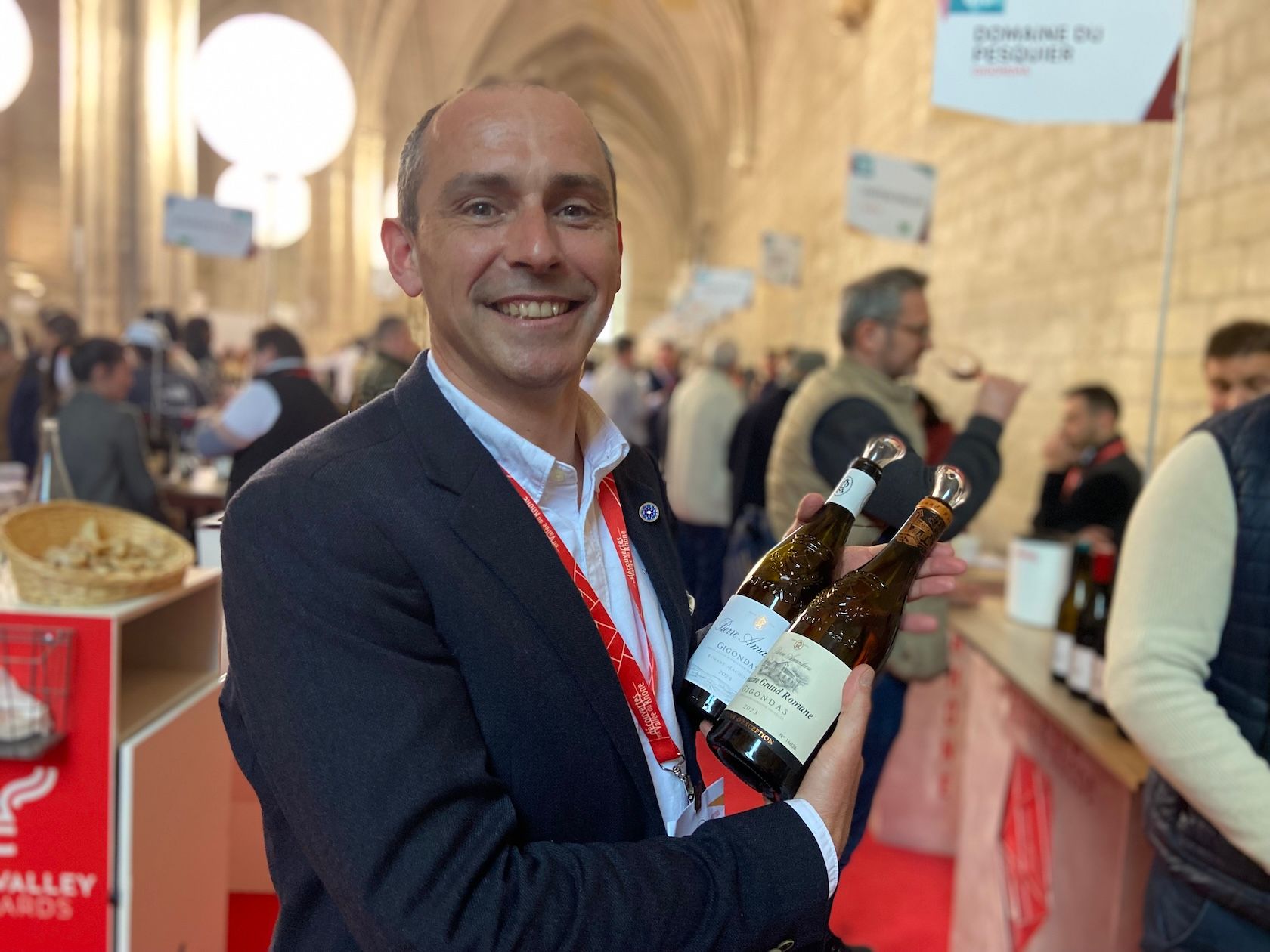As its bankers, financial consultants and investors combine to put the parts of Conviviality PLC that work back together again with a bid to raise £125m in extra funding, The Buyer examines where it has gone wrong, how its rescue plan hopes to work, and what its buying, sales and marketing teams are doing to work directly with the trade to keep their respective businesses going as efficiently as they can at this tumultuous time.
Where we stand:
- Conviviality’s future will be decided over the course of the next few days as it hopes to raise £125m in additional equity and funding.
- The new investment package sets out the parameters for what a newConviviality will look like including a commitment towards 2019 EBITDA.
- The company has confirmed it “it is unlikely to be able to trade on a going concern basis” if the £125m is not raised.
- Speculation increases in the City that Conviviality could in that instance become the target of a takeover bid with the potential break-up of different parts of the business with Bargain Booze high on investors’ shopping list.
- Any new business will have to address analyst and City investor criticisms of a lack of systems and controls at the company.
Standing on the sidelines observing the events unfold at Conviviality over the last couple of weeks has been like watching an, up to then, unstoppable rugby star, in full flight, being tackled and turned in the air, upside down, and brought down to the earth with a sickening crunch.
The moment when a packed stadium lets out an involuntary audible wince, followed by an increasingly uneasy silence as they wait for the stricken player to at least move and then slowly put themselves back together and hopefully get to their feet. All the while surrounded by a huddle of busy medics, and physios carefully attending their equivalent of a patient lying on an operating table.

Conviviality is relying on its investors and the City to get it back on its feet
In the equally brutal world of business, Conviviality is itself out for the count, currently lying prone, its face in the ground, surrounded by the corporate PLC equivalent of a medical care team that comes in the shape of management consultants, financial investors, banks, brokers, lenders and shareholders.
Whilst they look to work their magic and revive what was the biggest wine business in the UK, the suppliers and producers who work with Conviviality sit in an increasingly restless stadium watching on helplessly from the wings.
Quite what sort of Conviviality will be left once that corporate huddle of investors, banks and shareholders step aside will depend on the kind of financial recovery plan they can hopefully put in place over the next few days.
But one thing is for sure the old Conviviality is no more. At least the all conquering, swaggering company with more power than any other UK wine business that has come before it, is over.
It’s good to talk
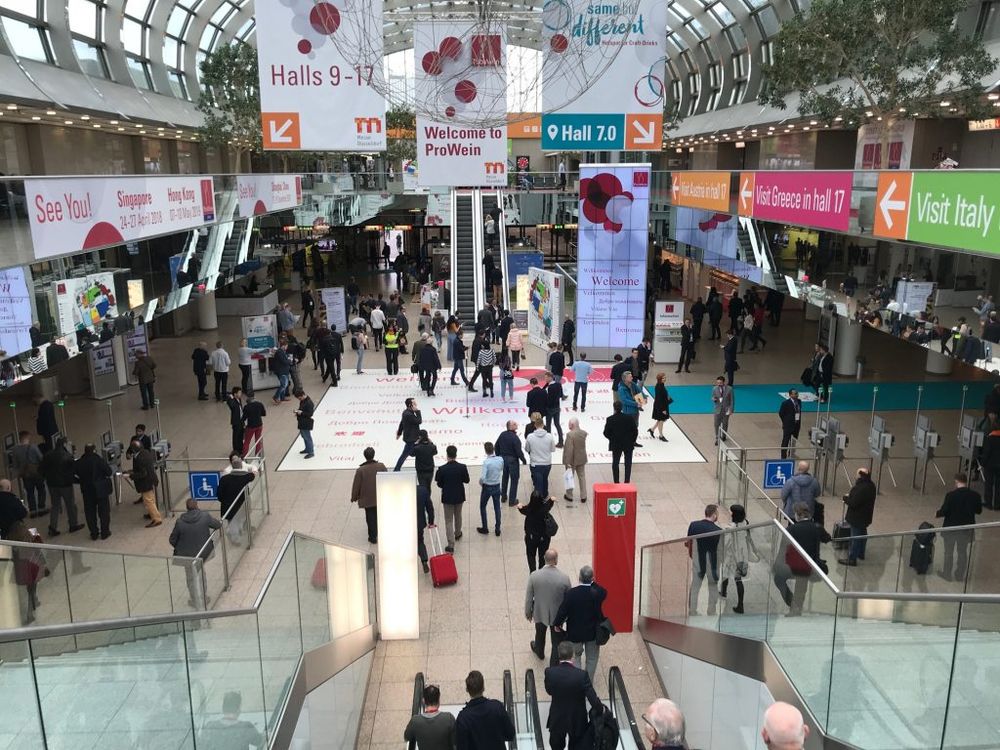
Prowein 2018 proved to be perfect timing for Conviviality to talk directly with its suppliers
What we are likely to see unmasked in its place started to come together at this week’s, what turned out to be, impeccably timed Prowein trade fair in Germany. If you’re having the biggest financial crisis in your short history it proved to be the ideal opportunity for the Conviviality machine to kick back into action.
This after all is the arena, the environment, in which it is still very comfortable in. The buying and selling of wine. Whatever hall you happened to be in there was almost universal support from producers from all over the world to see Conviviality recover.
Or to be more accurate they were united in wanting to back the people and the relationships they have with with its distribution arms, Matthew Clark, Bibendum and PLB. Conviviality Plc? Well, that’s a different story.
Which is probably not too far away from how many of the investors and shareholders who are being asked to come up with the rescue package for the company also regard the business.
A cunning plan
The cunning plan for Conviviality’s future was presented to the City yesterday by its chosen financial advisors, Investec Bank, and is now being put out to investors in the hope it will raise the required extra £125m in funding, through a share placing, needed to “recapitalise the business”.
The money will help it pay a £30m tax bill due at the end of the month, fund overdue payments to creditors and repay a £30m loan.
Conviviality hopes to be in a position early next week where it will be able to state what sort of appetite there has been for investment from current shareholders or new investors. The stakes could not be higher as the company set out in a statement last night: “If the company is unable to raise funds by way of the placing or otherwise, it is unlikely to be able to trade on a going concern basis.”

All Conviviality can do is wait to see how investors respond to its call for a rescue package of £125m
Within its do-or-die investment proposal Conviviality has set out a model for its future business. This includes the parameters around which a future business will be organised, with clear commitments for the next year in terms of financial EBIDTA targets, all of which have been validated by management consultants, Price Waterhouse Cooper.
This states “the board expects adjusted Ebitda to show modest growth compared to the expected outcome for the current financial year” where EBITDA has been downgraded again to £45.5m to £46m from a previously expected £55.3m to £56.4m. This is well down on the £70m the City had expected earlier in the year.
The details of that model will be revealed in due course to suppliers if funding is obtained.
Respected Lousada

Promoting “the respected” and “trusted” James Lousada to a more senior leadership role has been seen as a big boost to Conviviality staff
Part of that plan sees the highly respected and experienced former Accolade and Carlsberg UK chief, James Lousada, be promoted to a more senior executive role leading the Conviviality Direct business. A move that has said to have raised spirits considerably across the Conviviality workforce.
“His leadership style has really helped get everyone together. He is so well respected and is someone we, our customers and suppliers can follow and trust which is critical at this time,” is how one Conviviality insider described Lousada’s impact already on the business.
The overall business is now headed up on an interim basis by non exec chairman, David Adams, the former finance director of House of Fraser, who has stepped up to become executive chairman. Diana Hunter resigned as chief executive on Monday in the wake of the financial collapse.
All now rests on how quickly and by how much the investment community backs a new look Conviviality.
If the £125m is raised it can then be immediately ploughed directly into the business, albeit with 17 days to clear. It is understood the fact so many suppliers have stood by Conviviality and continued to trade and supply goods that there is enough cash flow in the business to prevent it having to require an additional short term loan.
If all goes to plan then Conviviality “hopes to have everything resolved by the end of May”, if not even the end of April.
Issues to address
But what sort of business is any new money going into? It’s clear from reading both the company’s PLC statements and reaction from City investors, analysts and the financial press that any new Conviviality will have to look very different from the one that has got itself in this position.
The City, in particular, has turned the spotlight on the businesses’ internal accounting and management systems that has allowed it to end up with an unforeseen £30m HMRC tax bill.
The consequence perhaps of trying to run too fast. Bringing a business of the scale of Matthew Clark into the company would have been a challenge in itself from a systems and processes point of view. Then add Bibendum, PLB, Peppermint and Catalyst businesses just a few months later, then it is easy to see why one IT system may not immediately be able to talk to another.
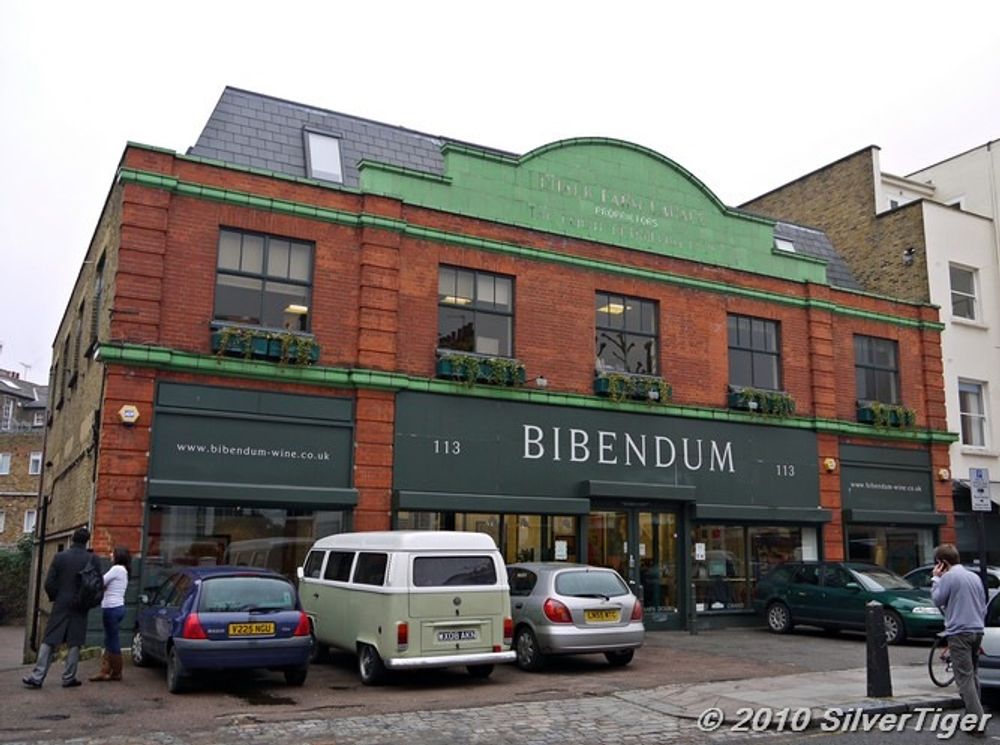
Bringing Bibendum PLB into the business just a few months after Matthew Clark has resulted in an enormous integration challenge for the group. Picture by Silver Tiger
Last week we quoted a managing director of a senior supplier who said it had “received several recent emails asking for early payments to agree business overrider payments. Which we would pay but they have not raised an invoice for it”.
We also reported last week how suppliers and customers were concerned by “the high churn of staff” both at the customer service, and senior management level which meant they were left unsure of “who was reporting to who” within certain departments.
One major supplier said: “You are usually more inclined to help someone out if you have met them and like them rather than just being a name.”
Producers and suppliers at this week’s Prowein also repeatedly raised concerns about the payment and invoice processes within the group.
What is Conviviality Plc?
Some of the strongest criticism to emerge from the City and investment community has been around the quality and experience of the Conviviality PLC board, a number of whom have only been with the business for less than two and a half years.
Whilst Matthew Clark and Bibendum both have very strong individual corporate cultures, with long standing, highly respected – and liked – members of staff, that contrasts sharply to what is an unknown, faceless entity called Conviviality Plc.
Not ideal in an industry that is driven by its people, is all about its people and the relationships they have with each other.

Diana Hunter might have been the face of Coviviality PLC during her time as chief executive but she was was not that well known in the wine trade itself
Beyond Diana Hunter it would be hard for most of the trade to name any of the top PLC board, and Hunter herself was rarely seen at industry events, including its own Matthew Clark and Bibendum tastings.
If you’re running the biggest drinks and wine supplier in the country then you have just got to be more touchy and feely than that.
That said much of this, to be fair, is speculation, whipped up by the avalancheof financial bad news that has come out of the business over the last fortnight.
Getting on with the job
So what has been like at the coal face, within Conviviality’s various moving parts, trying to keep the actual heartbeat of the business, buying and selling wine going?
Andrew Shaw, Conviviality’s group wine buying director, said that strangely the experience has also had a galvanising impact on staff right across the business.
“Individuals have stepped up to take responsibility outside of the senior leadership team,” he said. “I have seldom seen people come together they like they have over the last couple of weeks. The energy within the group has been palpable.”

Group buying director, Andrew Shaw, has said he has been overwhelmed by the support from suppliers but accepts “lessons have to be learnt” about how it operates going forward
He said he has also been blown away by the level of supplier support they have received. Exemplified by the fact so many suppliers and producers turned up for what Conviviality was keen to stress was more of a drinks reception than a party at Prowein. Or a chance to get a free drink at their expense at least.
“We had over 270 of our suppliers all in one room and, my god, the level of support that was there for Conviviality, which I think is the sentiment of the trade,” he said. “Our relationship is incredibly strong with the majority of our suppliers. So we are here (at Prowein) having an open dialogue and being transparent about what is going on.”
Whilst also, at the same time, “managing expectations” and not making any guarantees either as ultimately its fate lies in the hands of the City.
Message to suppliers
Shaw also confirmed what it was doing for suppliers that were owed money and worried about their future financial exposure.
“We have laid out the position we are in, the aspired timelines to recover the position and our motivations for moving forward.”
But with so many suppliers, each with different credit terms and arrangements, he said it was also a “complex and challenging picture” to keep on top of. “We are working through all of that and have put all our beers and spirits suppliers on pro forma.”
He also appreciated the fact a lot of those individuals shows of support were clarified with a “but” about how Conviviality has become known in the trade for how it operates.
“We are confident business with a PLC driven performance requirement. That comes inevitably with unfamiliar swagger in the industry,” he said.
“Diana (Hunter) has done a fantastic job at motivating the troops to create an absolutely exceptional structure. I think that’s unquestionable. A lot of our peers and suppliers globally would respect the model that she put together in such a short space of time. The challenge has been supporting that.”
He added: “The lesson here is you need incredibly good support, back office and logistical operational efficiency to drive the model forward whilst you are on the acquisition trail.”
It had also been a learning curve for those in the business to know the “obligations” to follow certain procedures that “support a PLC model”.
He said going forward the businesses needed, in the short term, to have a “complete redefinition of our priorities”. “Changing business practice and process will have to be in place going forward.”
Before adding: “What we tried to do was a lot very well, very fast and we need to do less, with some things faster, and some things slower and re-prioritise our behaviour internally to achieve a better outcome”.
What’s going right
Shaw was understandably keen to highlight the aspects of Conviviality that he believes the trade would agree has been working well.
“One of the things we are most proud about over the last two years is our rock solid account management base. Our sales teams across the business are fantastic. I have been absolutely staggered by the quality of the individuals within Matthew Clark to sell products and customer service. I don’t think Bibendum has ever had a stronger sales force.”
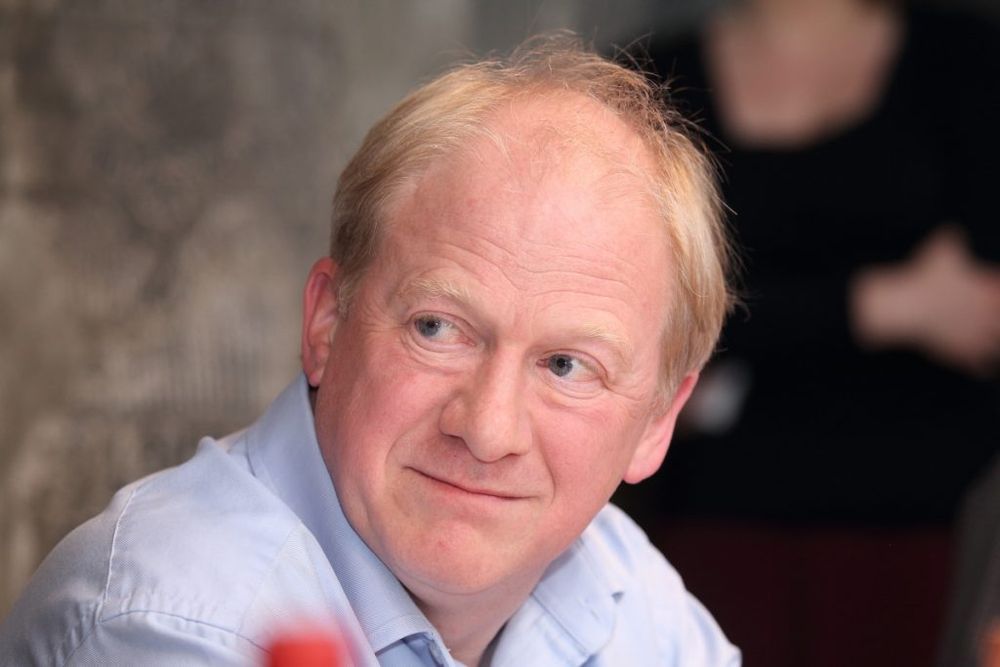
The work that Simon Jerrome and the wine team at Matthew Clark has been widely respected in the trade
He added: “The relationship element on both the sales and buying sides are incredibly strong. They are hugely communicative, very open, transparent, and we have a number of highly likeable individuals in buying and selling across all categories. That is what is holding it all together.”
Shaw also believes it has succeeded in protecting the different core brand values of each parts of its business, despite the scale of the group.
“The face of corporate Conviviality does not necessarily impact on the day to day relationship of an account manager and a customer within its unique business model. We have protected the independence of all those fascias.”
He also pointed to the work it has done in different aspects of marketing and consumer engagement to “premiumise its products at the point of sale” which he claimed is “unrivalled” in the sector.
Which is arguably, he added, why it has had so much support from suppliers, producers and customers alike as it a business focused on sourcing and selling mostly premium wines and spirits.
Finally he stressed: “We are still a monumentally profitable business with huge supplier and customer support and commitment from senior management to correct the position and, frankly, preserve our own reputation.”
But he was also quick to concede that “lessons have to be learnt”.
“Sometimes it takes a massive shock for a business to wake up. Touch wood we get the next few days and we will be a stronger unit, with a clearer vision, with much better process management and controls in the business.”
To what degree it is able to do so in the future now lies in the hands of the City and its investors.




